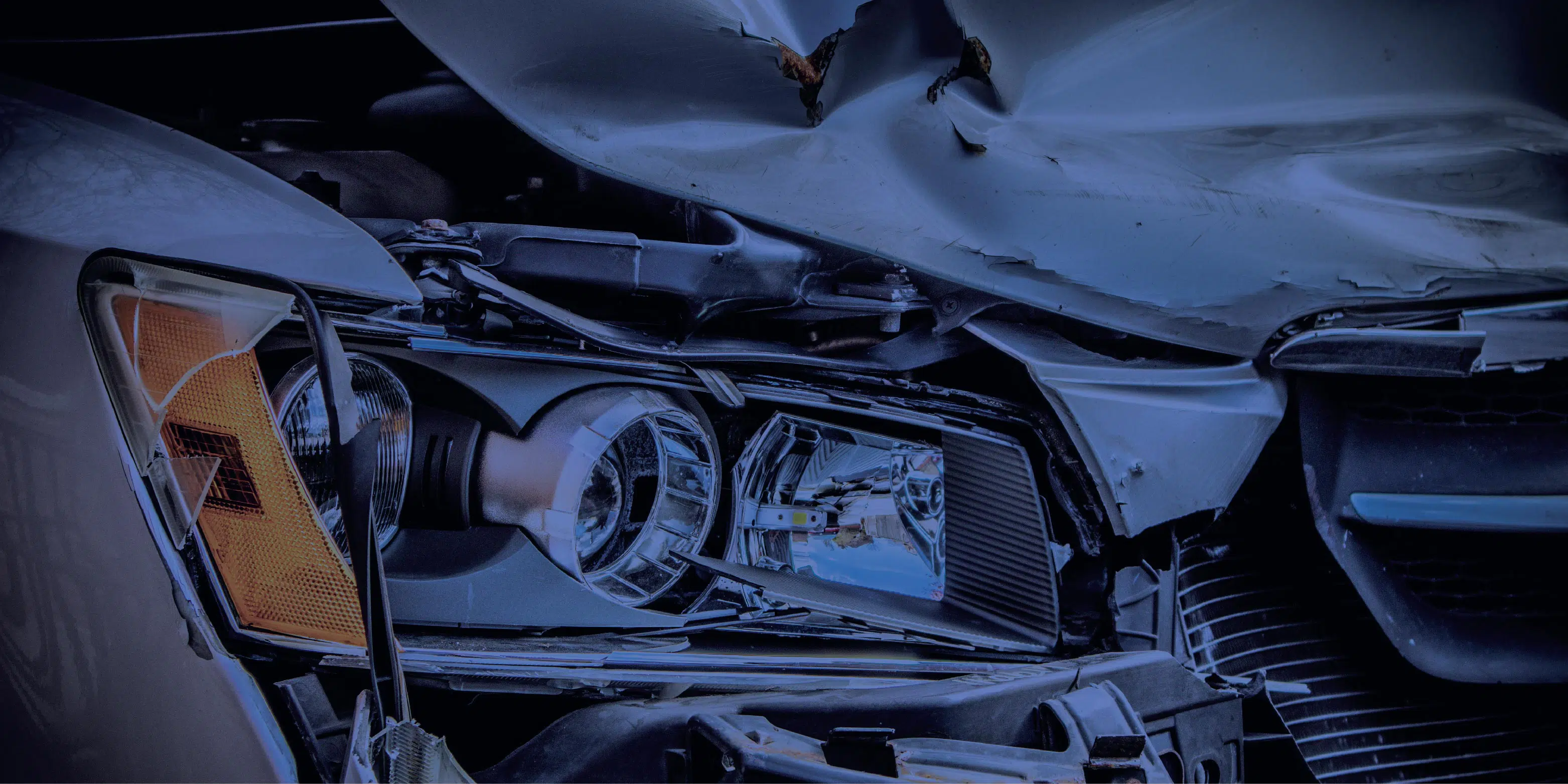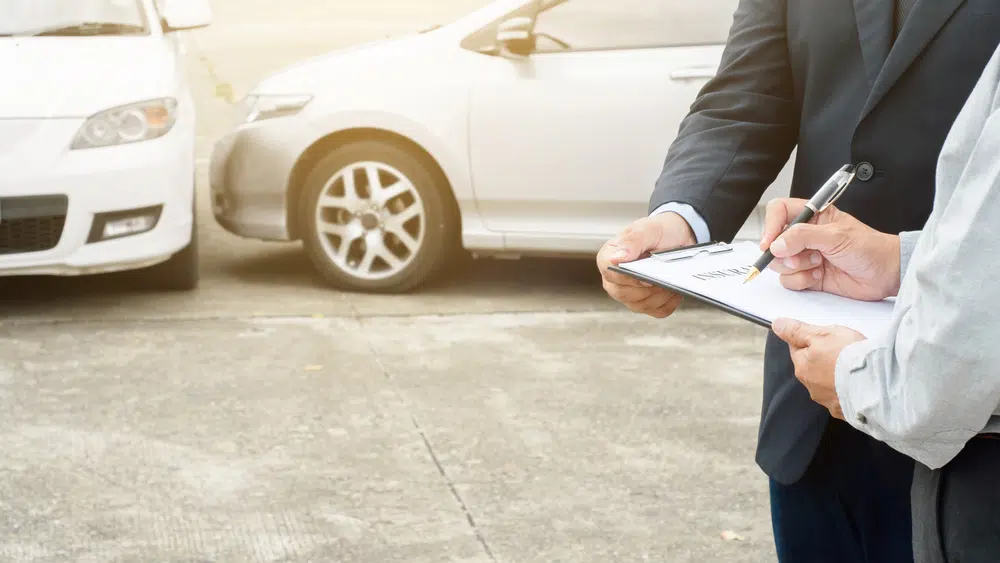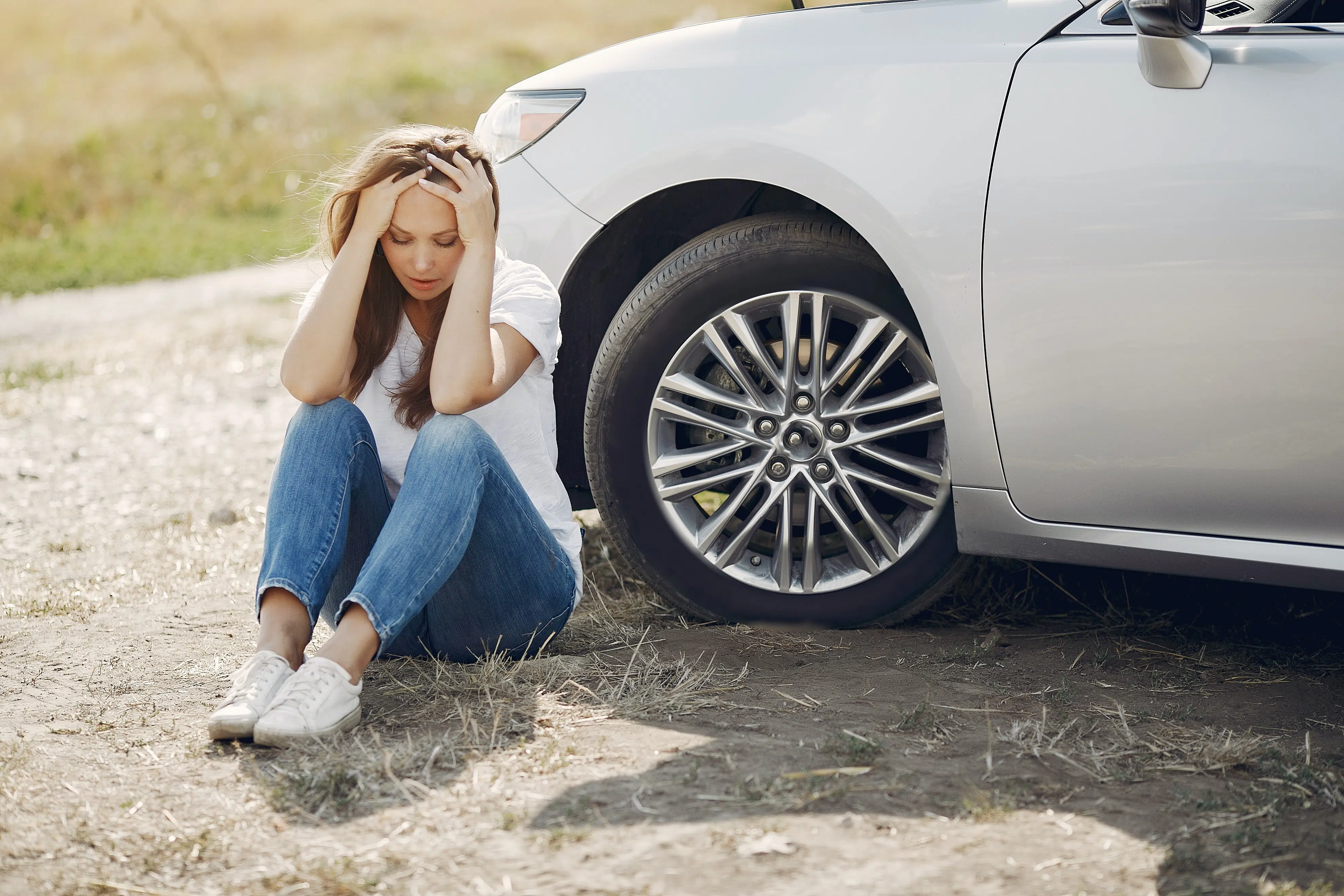What Happens If Someone Else Drives Your Car and Gets in an Accident?

Having an accident in your car and having to file an insurance claim is a hassle. But what happens if someone else drives your car and gets into an accident? Who is responsible for fixing it? What about injuries? Will the fact that you weren’t behind the wheel prevent you from making a claim?
Luckily, all property damage and everyone who was injured should be able to get compensation for their losses. The question of who pays (or rather, whose insurance pays) depends on who was at fault.
If the Other Driver is at Fault, You Should Still File a Claim
If the at-fault driver isn’t the person driving your car, the accident is handled just as if you were in the driver’s seat. The at-fault driver’s insurance company is responsible for paying. The main difference is that there could be two claims filed against their policy: One filed by the car owner and another by the driver if he or she was injured.
Hipskind & McAninch always suggest that crash victims consult with a car accident attorney, but it’s especially important in this situation. Things can get complicated when seeking damages for two plaintiffs. Lawyers have the experience to deal with the at-fault driver’s insurance company and can advise if a settlement is fair, or if the owner or driver should pursue the case further by filing a lawsuit.
Another complication is that not every state handles accident claims the same. Hipskind & McAninch have clients in both Illinois and Missouri, and they’re different in the way they assign blame.
For example: Missouri is known as a pure comparative negligence state. This means that the cause of a crash might be shared by two drivers. If one is deemed 60% responsible, and the other 40%, that’s how any settlement amounts will be split.
Illinois, on the other hand is a modified comparative negligence state. Whichever driver is most at-fault, meaning 51% or more to blame, is 100% liable for the crash. Drivers either share responsibility 50/50, or one pays for everything. There is no in-between.
Having a car owner and driver both seeking compensation from an at-fault third party is bad enough. If the driver of the borrowed car is even a little bit to blame, things get even more confusing without a car accident attorney to sort it all out.
Filing a Claim for Your Car
After an accident, no matter who was driving, the owner of the car should seek the advice of an attorney and then file a claim with their own insurance company. It doesn’t matter if someone else was driving; car insurance policies cover the vehicle, not the driver.
First, the owner should gather as much information about the wreck as possible, which can be particularly tricky since they weren’t personally involved. They should get the accident report from the police and the contact information for everyone who was involved. It’s also a good idea to find out if there are witnesses and if anyone has photos of the damage. All of this information will help to prove who was at fault and will become evident if the matter goes to court.
The insurance company will work with the car owner to get the damage fixed. They may insist on collecting estimates from a few different garages or have the owner submit receipts for the work that’s done. Depending on the policy, the owner may be able to get a rental car until the repairs are done. Meanwhile, the owner’s insurance company will approach the at-fault driver’s insurance company to get reimbursed. In some cases, the car owner will even be able to recover their out-of-pocket deductible.
Who Is Liable for Personal Injuries?
The victim of any accident deserves compensation. It doesn’t matter if they are driving their own car or someone else’s. If the crash happens when they’re in a borrowed car, they will file a claim with their own insurance company, not the car owner’s insurance company.
Their insurance company will work with the negligent driver’s insurance company to get the driver reimbursement for medical bills, lost wages, and possibly mental anguish and possibly mental anguish and suffering.
It’s important for the driver to collect all the information from the crash just like the car owner. In addition, they should seek medical help immediately so there is a record of any resulting injuries. Be aware that some symptoms of personal injuries don’t show up right away, so it’s best that they consult an attorney to make sure they request a settlement amount that fully covers them.
If You Need to File a Lawsuit
If the at-fault driver doesn’t have sufficient insurance to cover damages for both the car and the victim or victims who have been hurt, they are personally liable to pay. If they can’t, both the car owner and driver may decide to file a lawsuit. They can file separately with different lawyers, or use the same lawyer to represent them both.
Both parties are due a fair settlement for their losses. The driver deserves to be “made whole,” meaning they will get whatever treatment is necessary to restore the health and wellbeing they had before the accident—or at least as close as possible.
It also means that the car owner deserves to have his or her car repaired or replaced. They don’t need to be behind the wheel, or even in the car, when the crash happened.
What if the Person Who Borrowed Your Car Was At Fault?
What if the person who borrowed a car is the one to blame for an accident? This is a much different situation and one that definitely could benefit from the help of a car accident lawyer in Belleville.
For damage to the car, the owner’s insurance still pays. Remember, car insurance policies follow the vehicle, not the driver. The owner will need to pay his or her deductible, and unfortunately, the premium will most likely go up.
If the policy does not cover all of the damage, the owner can then seek damages from the driver’s insurance company. If the driver is uninsured, the car owner can decide to sue him or her for damages.
The car owner’s insurance policy is still the primary coverage if the person who borrows a car hurts or kills someone too. The victim can seek compensation for personal injuries suffered. Anything that is not covered by the primary insurance is then claimed on the drivers’ (secondary) coverage. If both insurance policies combined do not cover all of the damages, the victims’ attorney will try to get compensation directly from the parties involved.
As you can see, someone who loans their car to another person can end up having to take some responsibility for the borrower’s negligence.
Protecting Yourself When Lending Your Car
If you lend your car to someone and they’re in an accident, gather as much information as you can, just as you would if you were present. As long as the driver of your car wasn’t at fault, you should be able to recover all of your costs for repairing the damage to your vehicle, including the deductible.
If the friend or family member who borrowed your car is at fault in a crash, your insurance will, unfortunately, be involved. You’ll file a claim against your own policy, pay your deductible, and rely on their insurance only if yours doesn’t cover all of the costs.
If you live in the St. Louis metropolitan area, you can contact St Louis Car Accident Attorneys to help sort the settlement you can get for the damage to your car, or to yourself, and fight for you in court if it comes to that.
Category:
Tags:
auto accident, car accident, car accident claims, insurance, personal injury, vehicle accident

